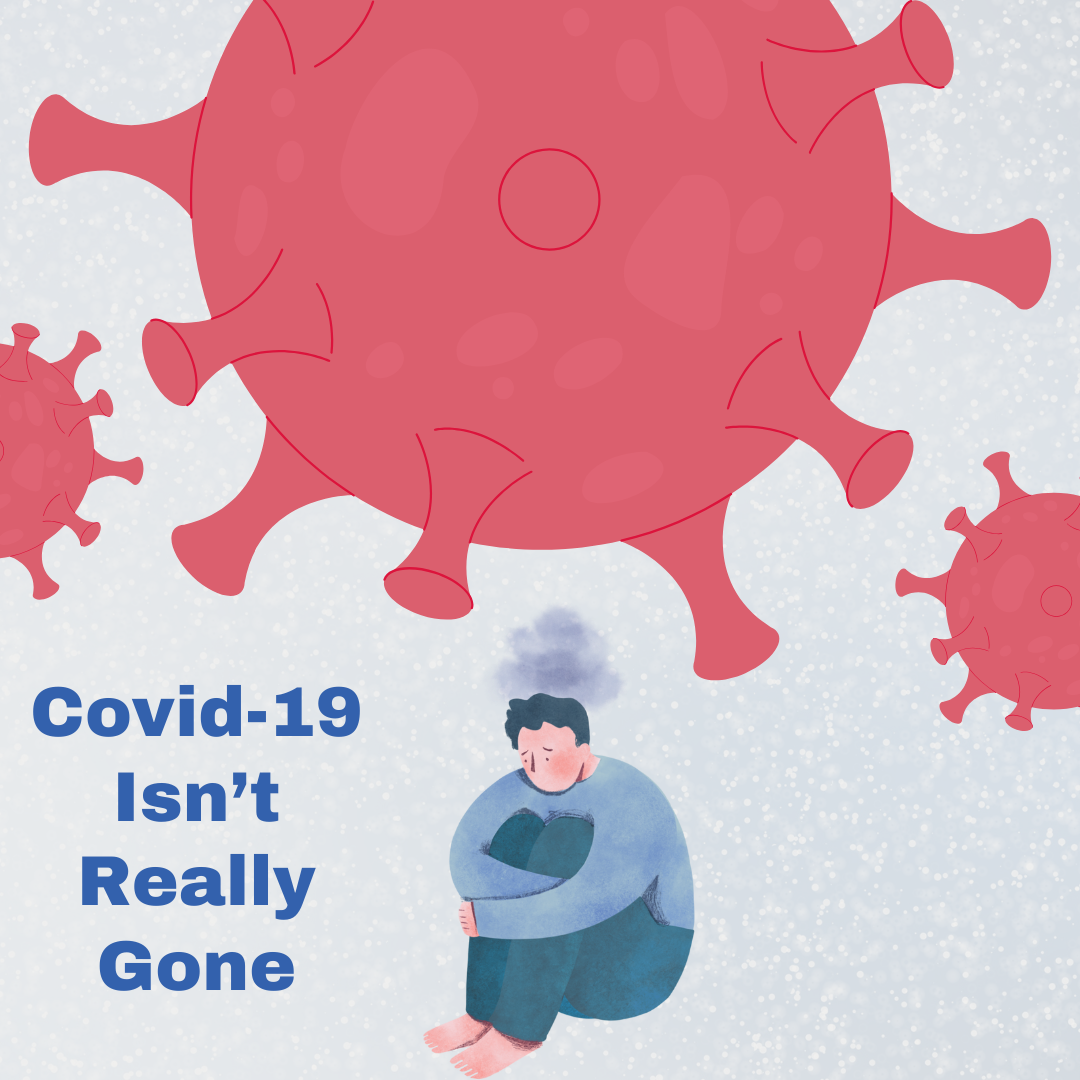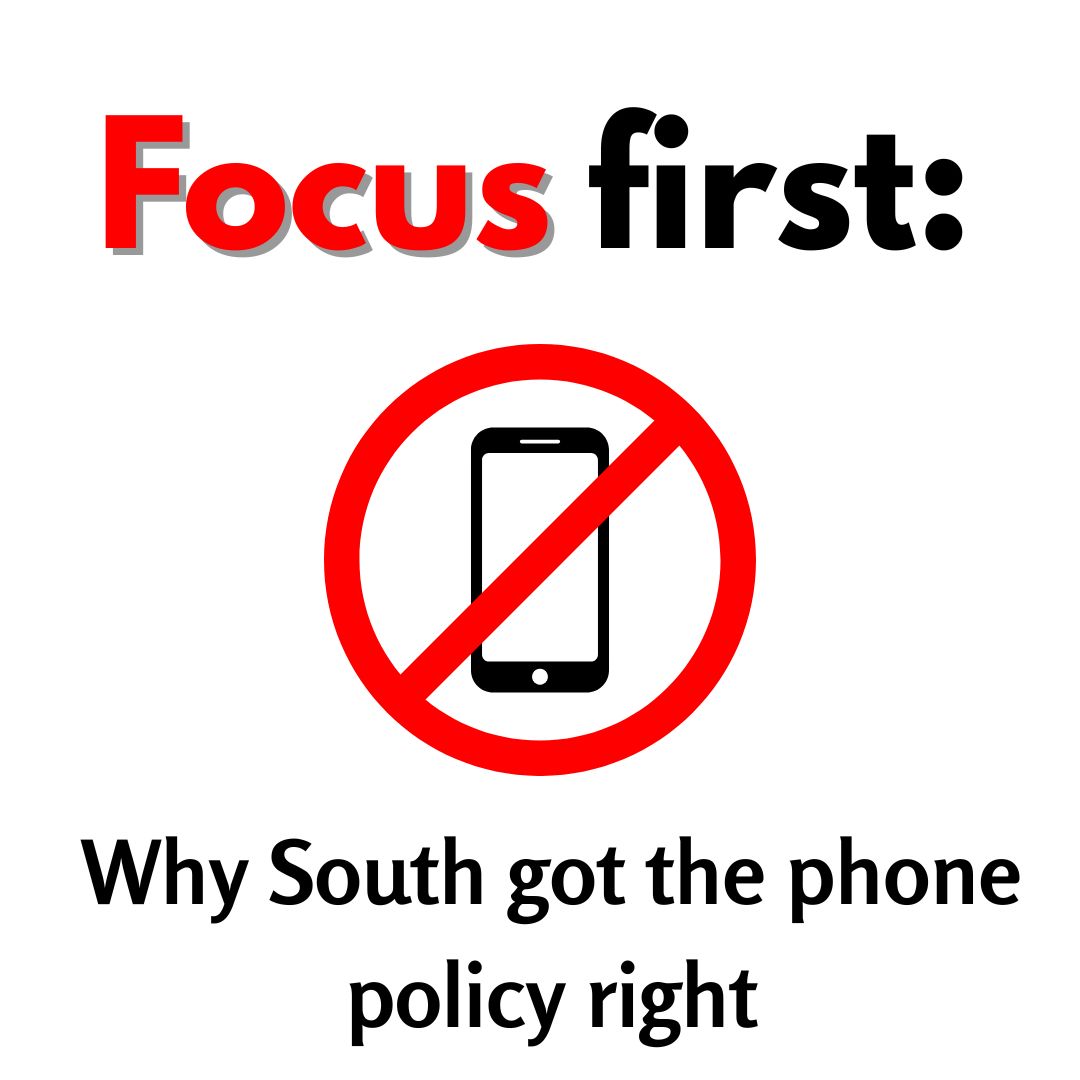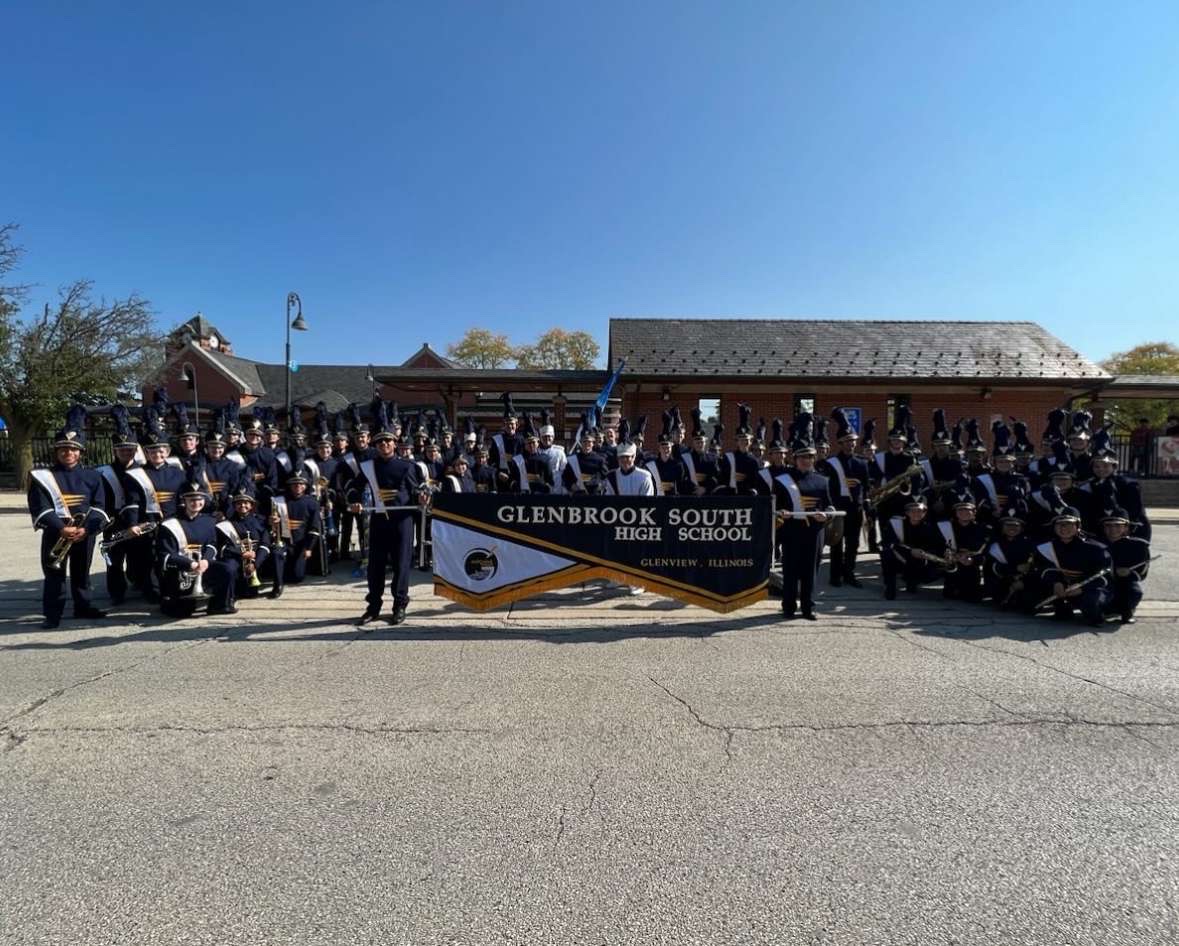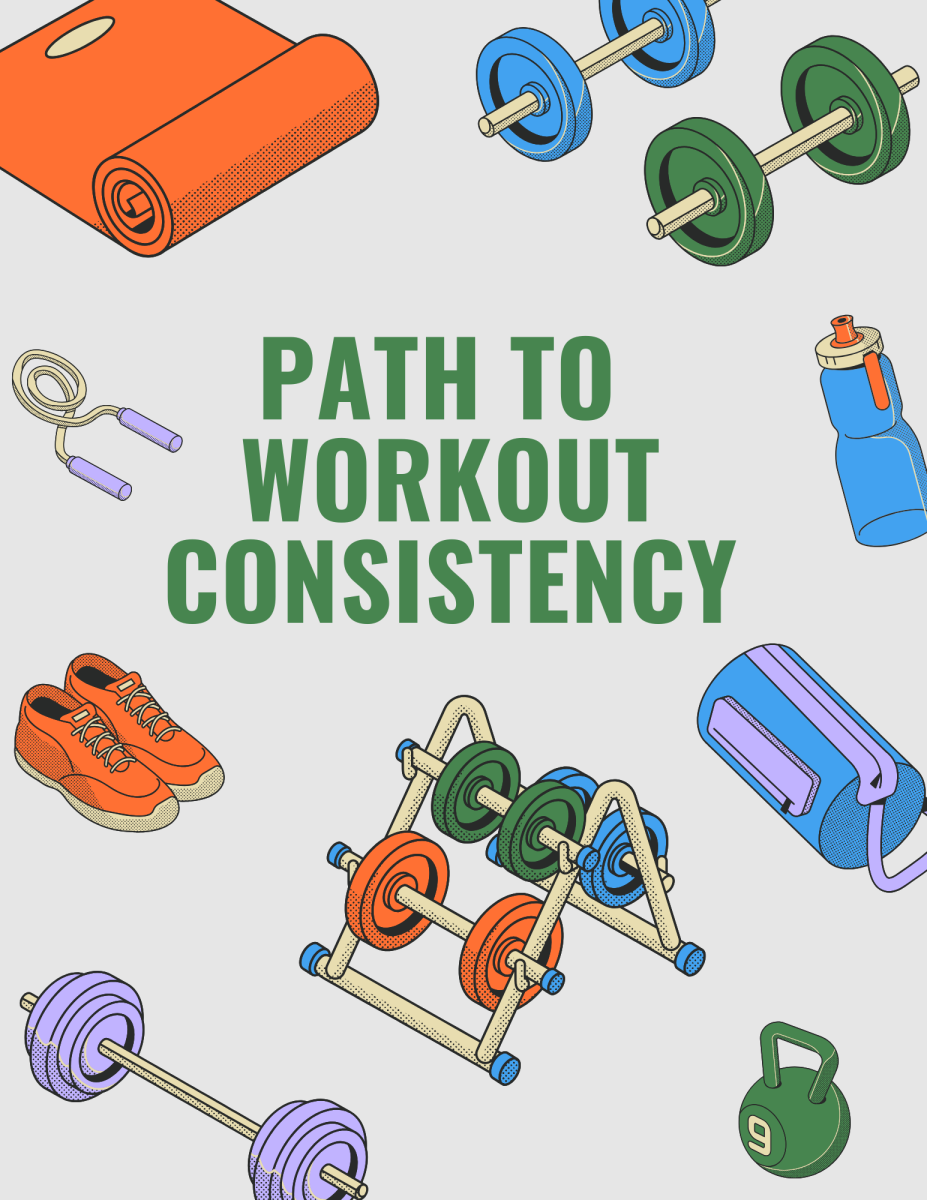Remember how terrifying the early days of the Covid-19 pandemic were?
Back then, it felt like the world was ending. I remember spending my days in the early months of 2020 searching for any new information on this strange virus. I remember my fear growing, slowly but surely, as reports of the nature of the virus trickled out of China, and it was revealed to be both deadly and highly contagious.
Then, there were those dystopian videos passed around the internet, showing men in hazmat suits spraying disinfectant through entire offices, or nurses in the ICU with scars from shields and all kinds of protection. I was worried a similar fate for the United States was lurking on the horizon.
And to my dismay, my fears turned into a reality.
Covid-19 raged through the country faster than I had thought possible. School was closed “temporarily”, then it was closed for the remainder of the semester. Suddenly, everything was closed. This was the beginning of two years of Covid-19 Hell.
If you’re like me, you still haven’t really processed your time during the Covid-19 pandemic. It all seems like a fever dream. When we try to talk to each other about it, the stories we tell more closely resemble those of fairy tales and myths rather than historical accounts. Who would have thought that K-95 surgical masks would become a part of our daily outfits? Or that the toilet paper aisle of stores would turn into a scene out of the Hunger Games? It was as if we all fell from the safety of the normal world we knew right into a strange utopia where school became Zoom, Twitter became law, and science became politics.
Most everyone you met was quietly grieving. It was a scary world. And it was a lonely one, too. Smiles were (quite literally) masked, gatherings were discouraged, and touch was forbidden. Recollecting these years is quite painful, and many of us wish that we could forget the whole thing.
But, memory doesn’t really work like that: we cannot come to peace with those awful things that happened to us unless we have come to understand them. Trying to pretend like Covid-19 never happened will not free us from the pain of it.
Also, even if we could forget the Covid-19 years, do we really want to? Doesn’t our suffering teach us to be more compassionate? Didn’t the forced quarantine of ourselves, our families, our communities, and our nation teach us how important they are? And, didn’t we learn that we are stronger than we thought and can endure more than we thought we could? This painfully acquired knowledge has become a crucial part of who I am today.
We shouldn’t try to forget Covid-19. We should try instead to come to understand and, therefore, be at peace with what happened during Covid-19.
So, if we want to be free and at peace with the Covid-19 years, we should begin to try to talk about our suffering during them. We should be open to starting the conversation, which begins with the question, “Remember how terrifying the early days of the pandemic were?”









